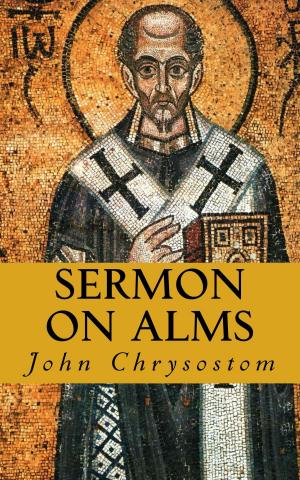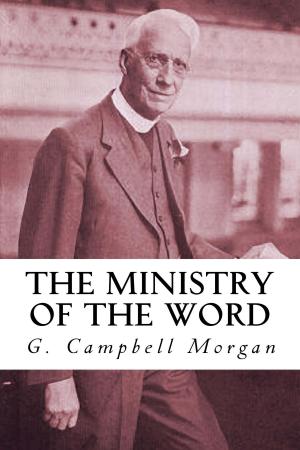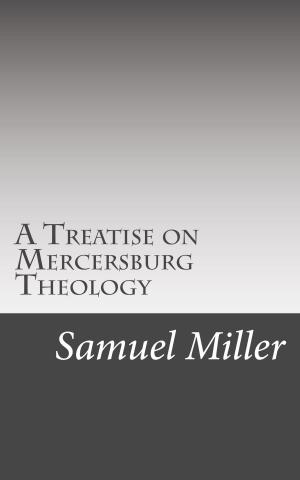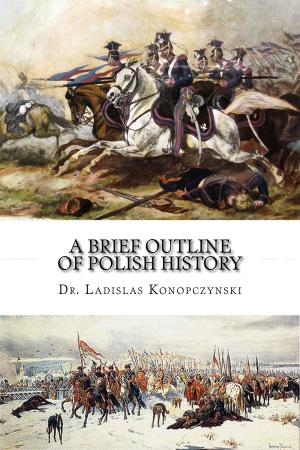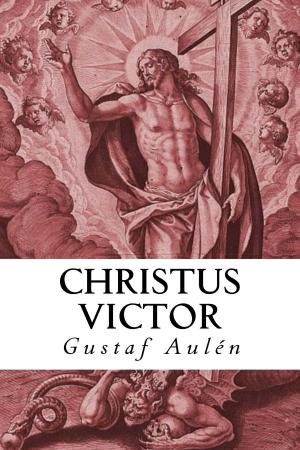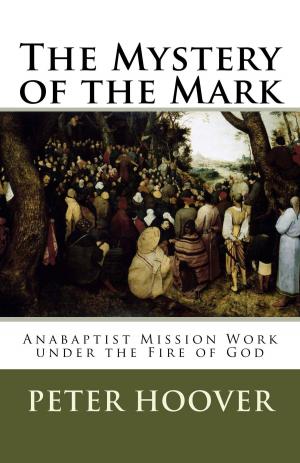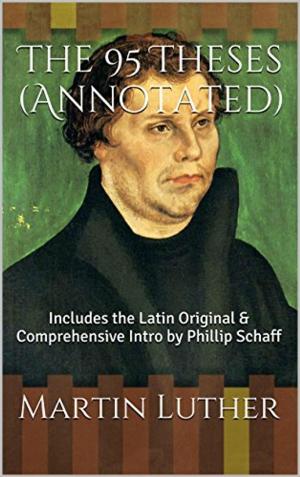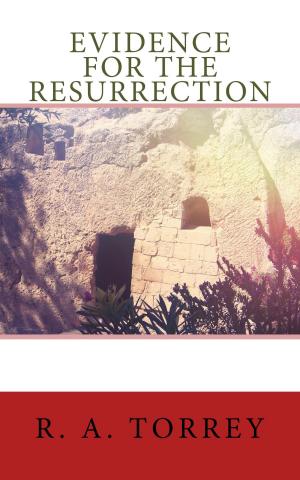Innocent of Moscow
The Apostle of Kamchatka and Alaska
Nonfiction, Religion & Spirituality, Christianity, Christian Literature, Biography & Memoir, Religious, Christian Life| Author: | Charles R. Hale | ISBN: | 1230001932829 |
| Publisher: | CrossReach Publications | Publication: | September 25, 2017 |
| Imprint: | Language: | English |
| Author: | Charles R. Hale |
| ISBN: | 1230001932829 |
| Publisher: | CrossReach Publications |
| Publication: | September 25, 2017 |
| Imprint: | |
| Language: | English |
It has long been the habit of persons unfriendly to the Orthodox Churches of the East to speak of them as well nigh dead Churches. The charge has been but too eagerly repeated by such as, determined upon a certain course of public policy, through a blind selfishness which must surely bring, if persisted in, a dread Nemesis, were not inclined to think well of Eastern Christians, whom it would have been inconvenient to recognize as brethren. A favorite specification in the accusation brought against Christians of the East has been that they were utterly wanting in a missionary spirit. In these days, we know something what enslavement to the Turk involves. And what, in common justice, to say nothing of Christian charity, have we a right to expect from those groaning under such bondage? Does not Mouravieff* well demand, as to these, in Question Religieuse d’Orient et d’Occident, “Have we the conscience to ask that they should make converts, when, now for more than four hundred years, they have been struggling, as in a bloody sweat, to keep Christianity alive under Moslem tyranny? And, in that time, how many martyrs, of every age and condition, have shed a halo around the Oriental Church? Not less than an hundred martyrs of these later days are commemorated in the services of the Church, and countless are the unnamed ones who have suffered for the faith, in these four hundred years of slavery. In 1821, Gregory, Patriarch of Constantinople, was hung at the door of his cathedral, on Easter Day. Another Patriarch, Cyril, they hung at Adrianople. Cyprian, Archbishop of Cyprus, with his three Suffragan Bishops, and all the Hegumens of the Cyprian monasteries, were hanged upon one tree before the palace of the ancient kings. Many other prelates and prominent ecclesiastics were put to death in the islands and in Anatolia. Mount Athos was devastated. And yet, none apostatized from the faith of Christ. Are not such matyrdoms the best way of making converts? It was thus that, in the first three centuries, the Church was founded in those lands. How can it be said that, among people who could so die for the faith, there was no real spiritual life? Has not the Greek Church shown by her deeds the steadfastness of her faith?” The kingdom of Greece, in its sixty years of independence, has labored nobly to repair the desolations of many generations. But surely we, who find excuse in the circumstances of the times for the apparent lack of interest of the American Church in the missionary cause during the first half century of our separate national life, must readily admit that the Hellenic Church has had, and still has, ample scope for her energies at home.
It has long been the habit of persons unfriendly to the Orthodox Churches of the East to speak of them as well nigh dead Churches. The charge has been but too eagerly repeated by such as, determined upon a certain course of public policy, through a blind selfishness which must surely bring, if persisted in, a dread Nemesis, were not inclined to think well of Eastern Christians, whom it would have been inconvenient to recognize as brethren. A favorite specification in the accusation brought against Christians of the East has been that they were utterly wanting in a missionary spirit. In these days, we know something what enslavement to the Turk involves. And what, in common justice, to say nothing of Christian charity, have we a right to expect from those groaning under such bondage? Does not Mouravieff* well demand, as to these, in Question Religieuse d’Orient et d’Occident, “Have we the conscience to ask that they should make converts, when, now for more than four hundred years, they have been struggling, as in a bloody sweat, to keep Christianity alive under Moslem tyranny? And, in that time, how many martyrs, of every age and condition, have shed a halo around the Oriental Church? Not less than an hundred martyrs of these later days are commemorated in the services of the Church, and countless are the unnamed ones who have suffered for the faith, in these four hundred years of slavery. In 1821, Gregory, Patriarch of Constantinople, was hung at the door of his cathedral, on Easter Day. Another Patriarch, Cyril, they hung at Adrianople. Cyprian, Archbishop of Cyprus, with his three Suffragan Bishops, and all the Hegumens of the Cyprian monasteries, were hanged upon one tree before the palace of the ancient kings. Many other prelates and prominent ecclesiastics were put to death in the islands and in Anatolia. Mount Athos was devastated. And yet, none apostatized from the faith of Christ. Are not such matyrdoms the best way of making converts? It was thus that, in the first three centuries, the Church was founded in those lands. How can it be said that, among people who could so die for the faith, there was no real spiritual life? Has not the Greek Church shown by her deeds the steadfastness of her faith?” The kingdom of Greece, in its sixty years of independence, has labored nobly to repair the desolations of many generations. But surely we, who find excuse in the circumstances of the times for the apparent lack of interest of the American Church in the missionary cause during the first half century of our separate national life, must readily admit that the Hellenic Church has had, and still has, ample scope for her energies at home.

